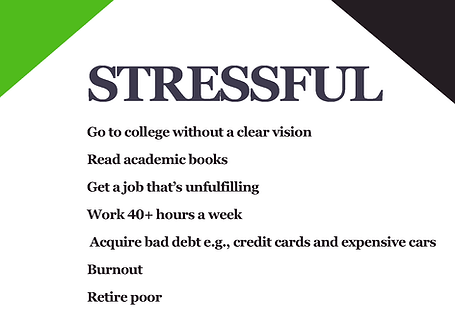Let's explore the 3 pillars of an effective budget:
1. Create a Realistic Budget: A good budget requires an accurate assessment of income and expenses. Track your income sources and categorize expenses into essentials (housing, utilities, food), discretionary spending (entertainment, dining out), and savings. This breakdown allows you to prioritize essential expenses while allocating funds for savings and fun.
2. Tracking and Monitoring Spending: Regularly monitoring your spending against your budget is crucial. Utilize budgeting apps, spreadsheets, or traditional pen and paper methods to track expenses. This helps identify spending patterns, and ensures you stay on course to meet your financial goals. Unexpected expenses happen too and may require adjustments to your budget. Your budget should allow for modifications without derailing your financial progress.
3. Building an Emergency Fund: Prioritize creating an emergency fund within your budget. This reserve acts as a safety net, providing financial stability in the face of unforeseen events like medical emergencies, car repairs, or job loss.
Watch the news segment to learn more about budgeting
.png)
.png)
ADDITIONAL RESOURCES
Dear Lakesha offers empowering, expert, and educational financial resources for people of all backgrounds, ensuring financial success for everyone.













